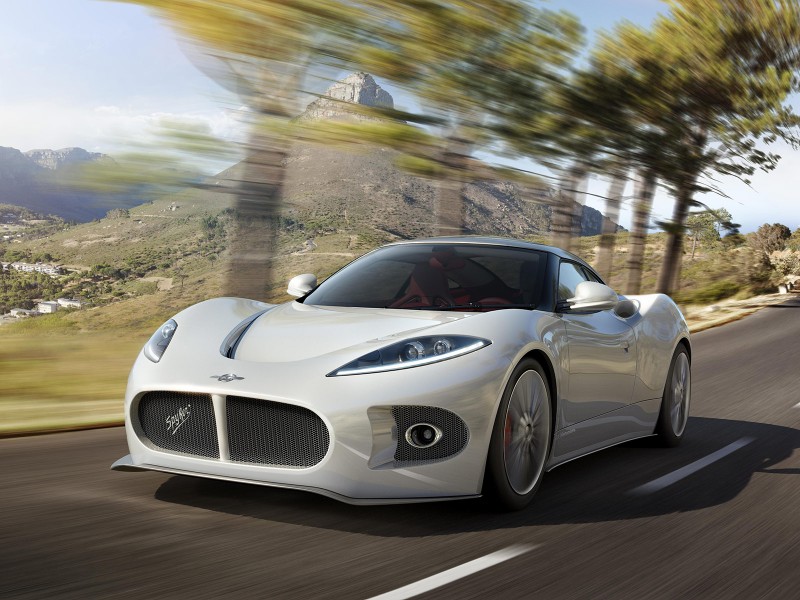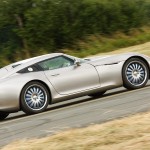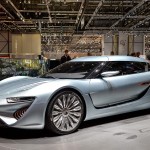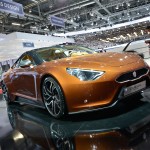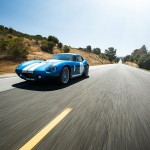Spyker N.V., the Dutch sports car manufacturer, has been declared bankrupt. The company’s founder and CEO, Victor R Muller, has stated that none of the ambitions they had have been lost despite the company’s failing. Instead, the CEO blamed some of Spyker’s more daring ventures as contributory to its ending. In spite of this he quoted Winston Churchill, stating:
“This is not the end. It is not even the beginning of the end. But it is, perhaps, the end of the beginning.”
With so many new sports car manufacturers popping out of the woodwork, how is it that Spyker, who had a 15 year head start over them managed to fail where the others appear to be succeeding.
Lightning, Renovo, QUANT, Exagon Motors and of course Tesla are just a few of the startup sports car manufacturers that are vying for global attention. Each of these are offering cutting edge design, technology and of course… electric power. Tesla are the most obvious success story, having taken their extremely niche Lotus based two-seat sports car and turned the company into a global sensation by creating a sports saloon, the Model S.
The others in the list are perhaps less convincing but they are still at the forefront of the automotive world and trying something new and different. Critically, Spyker was never such a company. Their sports car offerings were exciting, good looking and fun – all key ingredients of course – but they were never anything technologically ahead of the curve. Traditionally powered, Spykers only offered what the established sports car elite already had. Their last offering was the 2013 Geneva Motor Show B6 Venator Concept. It was a great looking car, no question. But, in an age where electric and hybrid is rapidly making its way into the sports car market through its proven improvements on performance and handling, the Venator was simply a continuation of a bygone era where mid-mounted power made a lightweight car go fast. It was a good effort, but one which didn’t bring anything new to the sports car world.
The others in the list above, on the other hand, offer exceptional performance from electric power. It is clean and relatively easy to work with over a traditional and arguably more complex internal combustion powertrain. In-car technology and automotive computers are able to offer unrivalled response for things such as traction control and suspension characteristics. These elements combine to form the possibility of advancement, something which is sure to attract new customers.
Referring back to Mr Muller’s thoughts that Spyker’s bankruptcy is the end of the beginning, but not the end, it may be presumptuous and speculative to ponder that if Spyker were to encounter a rebirth, it would make sense for it to be born electric.
